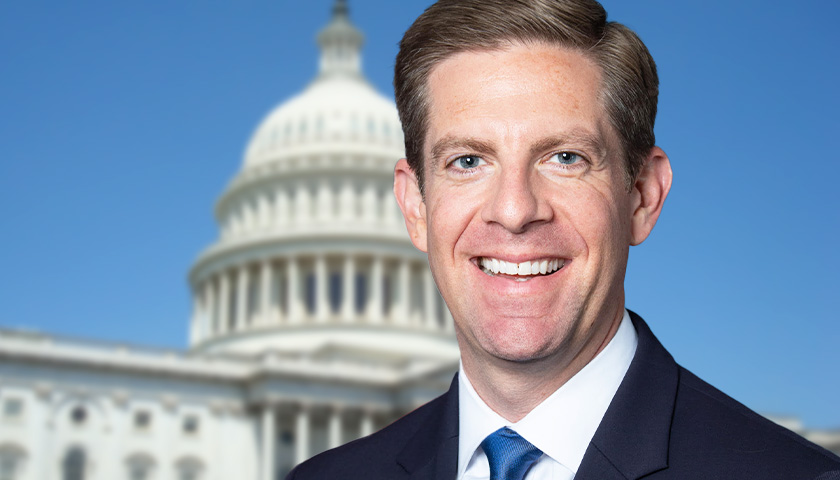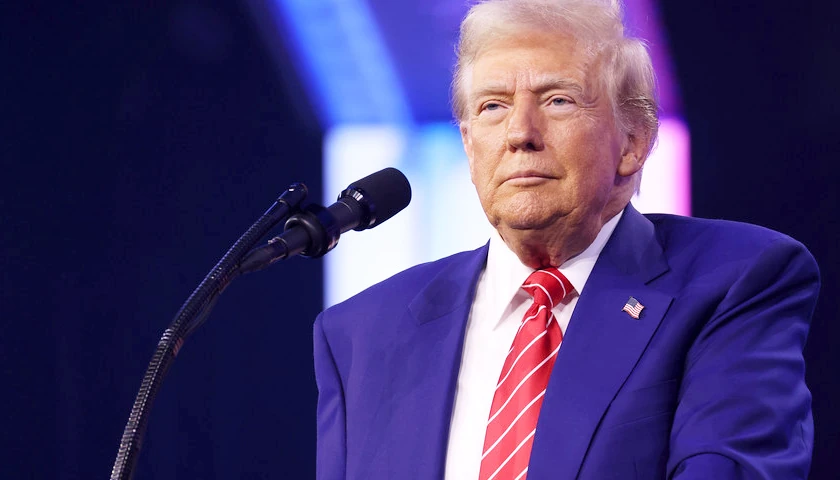Republicans are working to oust Democrat incumbent U.S. Representative Mike Levin of California’s 49th Congressional District.
CA-49 is on the National Republican Congressional Committee’s (NRCC) target list for incumbent Democrat defeat.
Levin was elected to the U.S. House of Representatives in 2018. According to Nate Silver’s FiveThirtyEight U.S. House vote tracking system, Levin is a robotic vote for the Biden agenda. As of March 9, Levin voted with the Biden administration 100 percent of the time.
According to publicly available FEC reports, Levin has raised $1,920,956.23 for his re-elect and has a war chest of $2,493,774.59 cash on hand in the bank as of the December 31, 2021 deadline. The 2022 FEC first quarter filing period, which runs from January 1 – March 31, will be available in the coming days.
The California redistricting process saw CA-49 become slightly less blue in makeup. Prior to redistricting, FiveThirtyEight gave it a partisan rating of D+7. They now rate CA-49 as D+5. While The Cook Political Report gives the race for the seat a Likely Democrat rating, most political observers consider it to be a highly competitive race for the GOP.
Based on fundraising data as the main criterion, the leading Republican contenders are businessman, San Juan Capistrano Councilman, and multiple time CA-49 candidate, Brian Maryott and Oceanside City Councilman, realtor, farmer & Iraq War Veteran Chris Rodriguez.
Maryott has raised $1,679,916.41 and has $1,188,190.54 cash on hand. Rodriguez has raised $776,156.46 and has $466,273.11 on hand.
Maryott lost to Levin in the 2020 election, which was held concurrently with the presidential election, by 6.2%. He also ran in the 2018 primary.
Rodriguez is participating in the NRCC’s Young Guns candidate progress tracking program and is listed as On the Radar. The NRCC uses the program to help determine the viability of candidates in general elections as well as how to best allocate resources down the stretch.
Unlike most other states, California does not have a partisan primary process. Since 2010, California has utilized a nonpartisan blanket primary for “voter-nominated” offices in which every candidate regardless of political party runs on the same ballot. The top two finishers then move on to the general election. Under that system, it is possible for two candidates belonging to the same party to face off in a general election. In this case, that scenario is considered highly unlikely.
California’s non-partisan primaries are scheduled to take place on June 7. According to the California Secretary of State’s office website, “All California active registered voters will receive a vote-by-mail ballot for the June 7, 2022, Primary Election.”
– – –
Aaron Gulbransen is a reporter at The Star News Network. Email tips to [email protected]. Follow Aaron on GETTR, Twitter, and Parler.
Photo “Mike Levin” by Franmarie Metzler. Background Photo “U.S. Capitol” by Andrew Van Huss. CC BY-SA 4.0.




